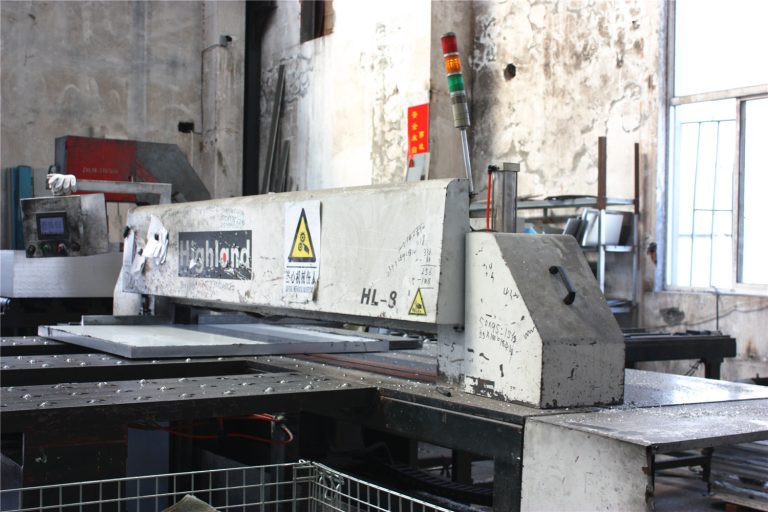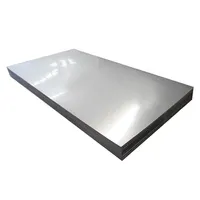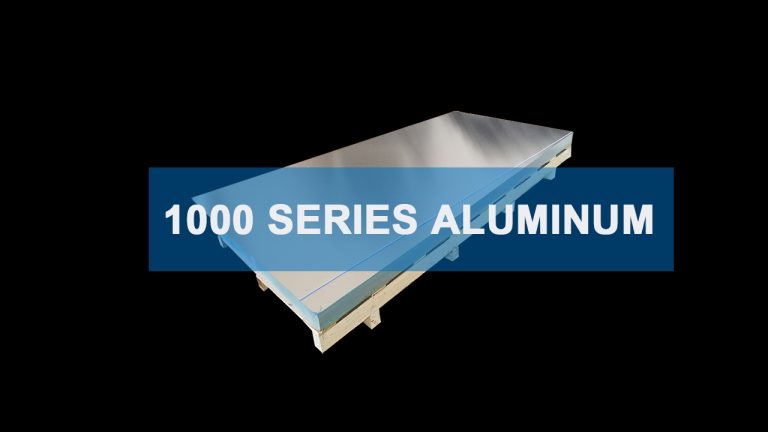What is the difference between 1100 and 1050 Aluminium?
Hot keword :2024 5052 5083 6061 7075
The latest article
- For Extreme-Duty Scenarios: 5083 Aluminum Rods—The Unsung Hero of Harsh Environments
- Need Aluminum Rods for Harsh Corrosion? 5056 Delivers Strength Without Compromise
- Which Aluminum Rod is Perfect for Corrosion-Resistant & Easy-Processing Industrial Parts? 5052 Has the Solution
- 4032 Aluminum Rods: The High-Silicon Hardness Champion for High-Wear Engine & Mold Components
- 3003 Aluminum Rods: The Corrosion-Resistant All-Rounder for Light Industrial Applications
- 2A50/2A70 Aluminum Rods: Heat-Resistant Forging Specialists for Medium-High Stress Industrial Components

The main difference between 1100 and 1050 aluminum lies in their chemical composition and mechanical properties.
1100 aluminum contains 99.0% aluminum, making it a commercially pure alloy with excellent corrosion resistance and high thermal conductivity. It is soft and has low strength, making it suitable for applications that require formability and ductility. 1100 aluminum is commonly used in chemical and food processing equipment, heat exchangers, reflectors, and roofing.
1050 aluminum, on the other hand, contains 99.5% aluminum and is also a commercially pure alloy. It shares similar characteristics with 1100 aluminum, including high electrical conductivity and excellent corrosion resistance. However, 1050 aluminum is slightly stronger than 1100 and exhibits better workability and weldability. It is commonly used in electrical conductors, transformer windings, and general sheet metal applications.




